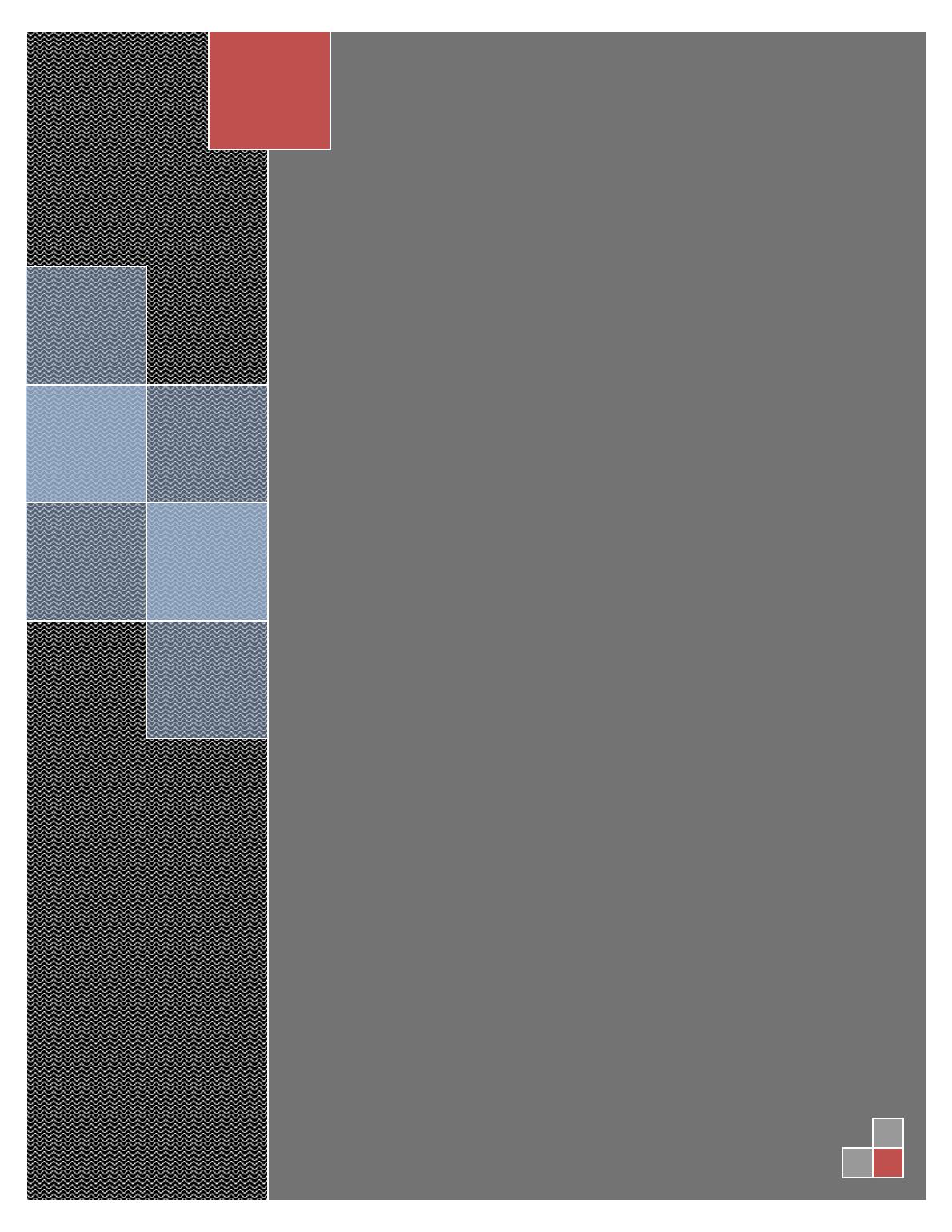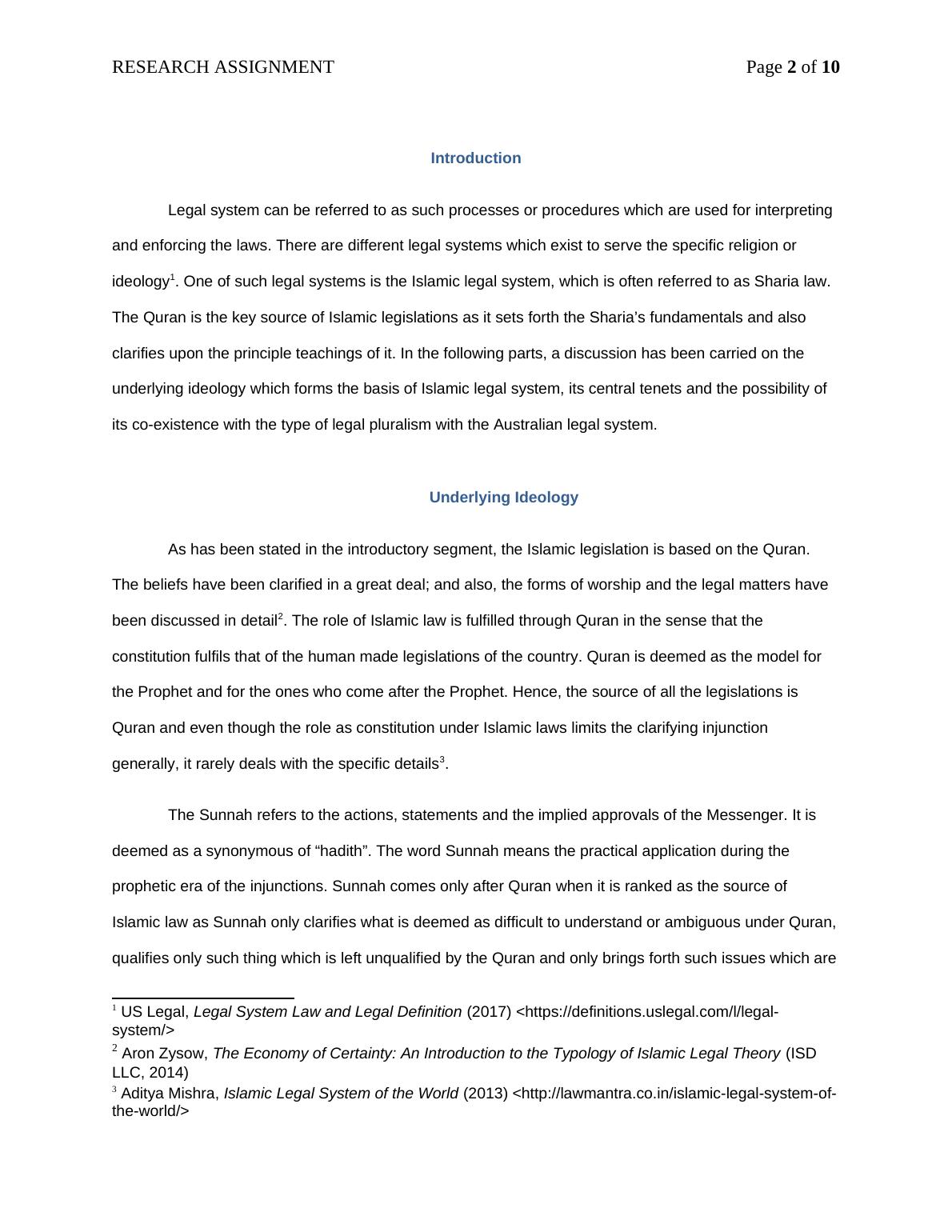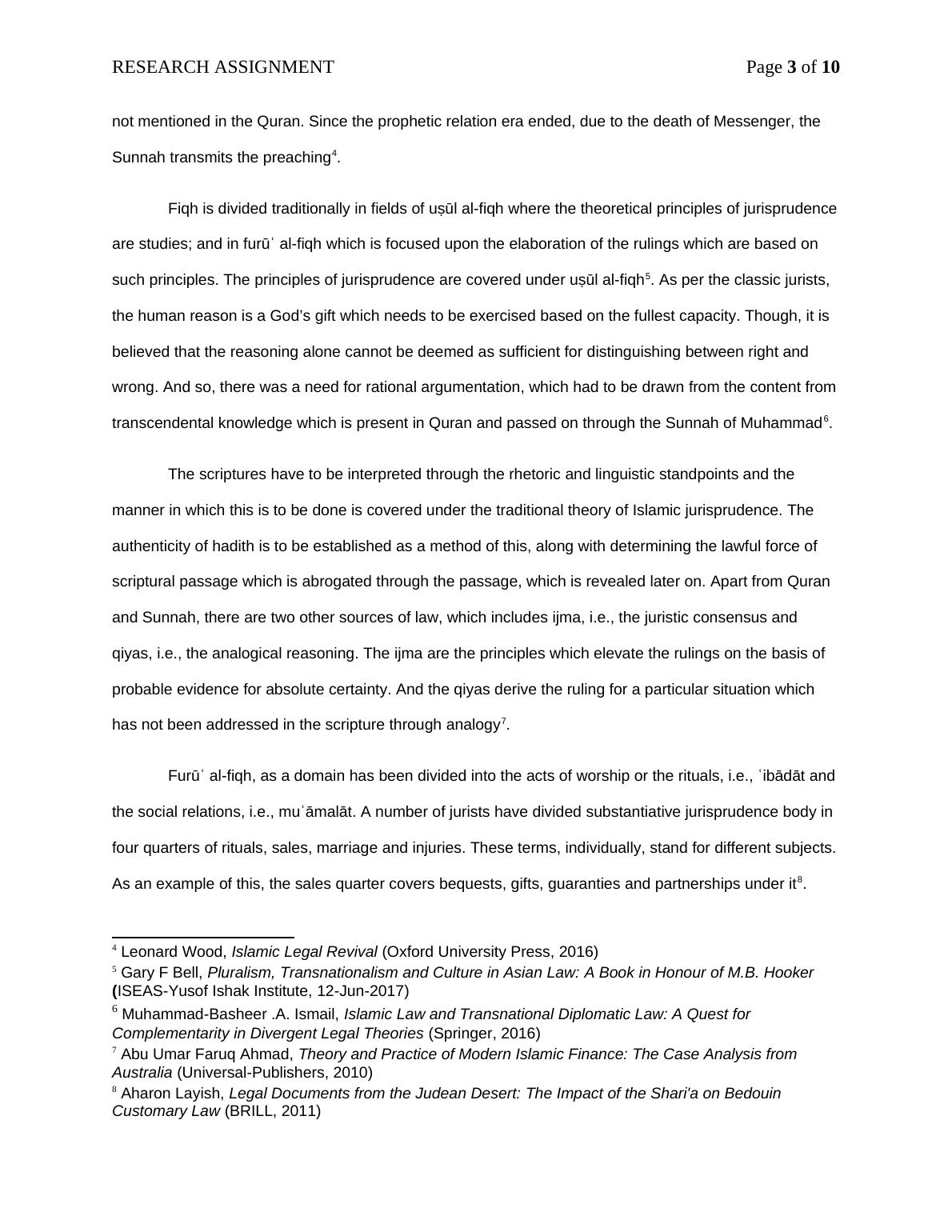Ask a question from expert
Comparative Legal System - Assignment
10 Pages3193 Words394 Views
Added on 2020-03-16
Comparative Legal System - Assignment
Added on 2020-03-16
BookmarkShareRelated Documents

RESEARCH ASSIGNMENTPage 2 of 10IntroductionLegal system can be referred to as such processes or procedures which are used for interpreting and enforcing the laws. There are different legal systems which exist to serve the specific religion or ideology1. One of such legal systems is the Islamic legal system, which is often referred to as Sharia law. The Quran is the key source of Islamic legislations as it sets forth the Sharia’s fundamentals and also clarifies upon the principle teachings of it. In the following parts, a discussion has been carried on the underlying ideology which forms the basis of Islamic legal system, its central tenets and the possibility of its co-existence with the type of legal pluralism with the Australian legal system. Underlying IdeologyAs has been stated in the introductory segment, the Islamic legislation is based on the Quran. The beliefs have been clarified in a great deal; and also, the forms of worship and the legal matters have been discussed in detail2. The role of Islamic law is fulfilled through Quran in the sense that the constitution fulfils that of the human made legislations of the country. Quran is deemed as the model for the Prophet and for the ones who come after the Prophet. Hence, the source of all the legislations is Quran and even though the role as constitution under Islamic laws limits the clarifying injunction generally, it rarely deals with the specific details3. The Sunnah refers to the actions, statements and the implied approvals of the Messenger. It is deemed as a synonymous of “hadith”. The word Sunnah means the practical application during the prophetic era of the injunctions. Sunnah comes only after Quran when it is ranked as the source of Islamic law as Sunnah only clarifies what is deemed as difficult to understand or ambiguous under Quran,qualifies only such thing which is left unqualified by the Quran and only brings forth such issues which are1US Legal, Legal System Law and Legal Definition (2017) <https://definitions.uslegal.com/l/legal-system/>2 Aron Zysow, The Economy of Certainty: An Introduction to the Typology of Islamic Legal Theory (ISD LLC, 2014)3 Aditya Mishra, Islamic Legal System of the World (2013) <http://lawmantra.co.in/islamic-legal-system-of-the-world/>

RESEARCH ASSIGNMENTPage 3 of 10not mentioned in the Quran. Since the prophetic relation era ended, due to the death of Messenger, the Sunnah transmits the preaching4. Fiqh is divided traditionally in fields of uṣūl al-fiqh where the theoretical principles of jurisprudenceare studies; and in furūʿ al-fiqh which is focused upon the elaboration of the rulings which are based on such principles. The principles of jurisprudence are covered under uṣūl al-fiqh5. As per the classic jurists, the human reason is a God’s gift which needs to be exercised based on the fullest capacity. Though, it is believed that the reasoning alone cannot be deemed as sufficient for distinguishing between right and wrong. And so, there was a need for rational argumentation, which had to be drawn from the content fromtranscendental knowledge which is present in Quran and passed on through the Sunnah of Muhammad6. The scriptures have to be interpreted through the rhetoric and linguistic standpoints and the manner in which this is to be done is covered under the traditional theory of Islamic jurisprudence. The authenticity of hadith is to be established as a method of this, along with determining the lawful force of scriptural passage which is abrogated through the passage, which is revealed later on. Apart from Quran and Sunnah, there are two other sources of law, which includes ijma, i.e., the juristic consensus and qiyas, i.e., the analogical reasoning. The ijma are the principles which elevate the rulings on the basis of probable evidence for absolute certainty. And the qiyas derive the ruling for a particular situation which has not been addressed in the scripture through analogy7. Furūʿ al-fiqh, as a domain has been divided into the acts of worship or the rituals, i.e., ʿibādāt andthe social relations, i.e., muʿāmalāt. A number of jurists have divided substantiative jurisprudence body in four quarters of rituals, sales, marriage and injuries. These terms, individually, stand for different subjects.As an example of this, the sales quarter covers bequests, gifts, guaranties and partnerships under it8. 4 Leonard Wood, Islamic Legal Revival (Oxford University Press, 2016)5 Gary F Bell, Pluralism, Transnationalism and Culture in Asian Law:A Book in Honour of M.B. Hooker(ISEAS-Yusof Ishak Institute,12-Jun-2017)6 Muhammad-Basheer .A. Ismail, Islamic Law and Transnational Diplomatic Law: A Quest for Complementarity in Divergent Legal Theories (Springer, 2016)7 Abu Umar Faruq Ahmad, Theory and Practice of Modern Islamic Finance: The Case Analysis from Australia (Universal-Publishers, 2010)8 Aharon Layish, Legal Documents from the Judean Desert:The Impact of the Shari'a on Bedouin Customary Law (BRILL, 2011)

End of preview
Want to access all the pages? Upload your documents or become a member.
Related Documents
Understanding Kuwait's Legal System, Court System, and Court Levelslg...
|8
|1979
|222
Legal Environment of Business Article 2022lg...
|11
|2568
|22
Assignment Solution of Business Law (pdf)lg...
|14
|4243
|29